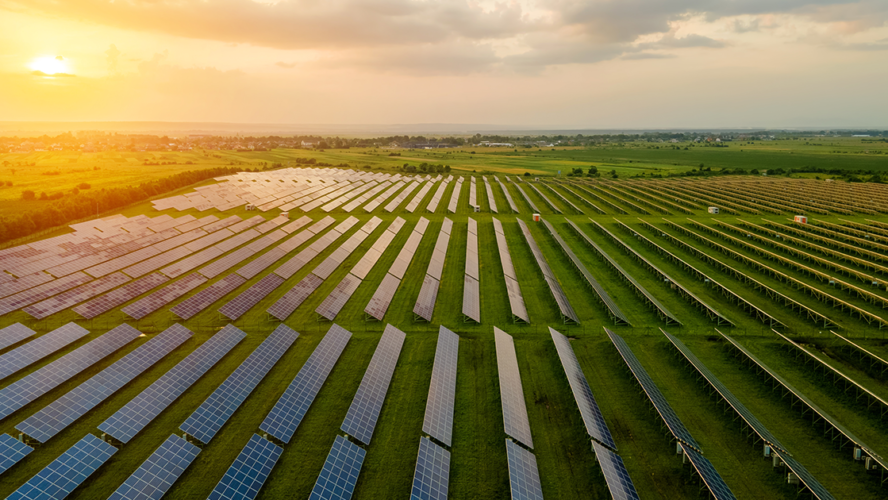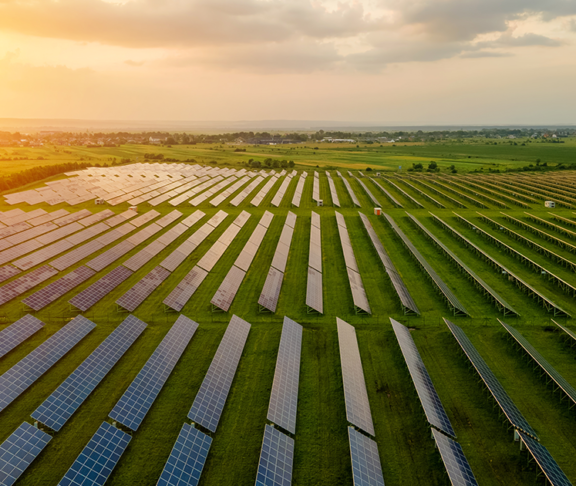
Simon McKeever
Chief Executive, Irish Exporters Association
Sustainability in the food industry is about reducing food waste and lowering the impact of food production on our natural environment as produce moves along the supply chain — from field to fork.
By reducing food waste; limiting resources such as energy, labour, and water consumption; and adopting more sustainable business models and practices, food companies can benefit the environment, society and the economy in the long run.
Industry effort needed for sustainable food supply chain
Sustainability is vital along the entire food chain. Waste in one area may increase prices for the companies that sit further down the supply chain. In addition, some of the resources that went into producing the food can also be wasted.
Therefore, an industry-wide effort to increase sustainable practices can positively affect all companies that operate as part of the food supply chain and the consumers who purchase these products.
Paying attention to consumer needs and habits
Consumers increasingly play a pivotal role in driving food sustainability practices. With their increasing preference for food that reduces their carbon footprint, more and more food producers are improving their ethical and sustainable production lines to meet these demands.
Another reason why it’s a good time to look at ways to improve sustainability efforts through supply chains is that food company executives as individuals are increasingly more on board with the idea and are seeking change.
Consumers increasingly play a pivotal role
in driving food sustainability practices.
Technology and policymakers enable sustainable food supply chain
Technology and innovative advancements such as the use of blockchain, new machinery, processing equipment and embedded systems to improve traceability, monitoring and controlling water usage and energy consumption are being adopted at an extremely fast rate.
Business leaders increasingly realise now is the time to explore sustainable supply chain options and see which ones work best. Legislators continually set climate-related targets and stress that reaching them will require significant changes from everyone; and in some organisations, we may start to see executive bonuses linked to sustainability practices.
In the end, a sustainable food supply chain is only possible if industry and policymakers pay attention to consumer and environmental needs. Their decision-making and tech innovations must support the execution of these efforts and get us quicker to where we need to be — and sustainably.

